 Produced by Guest blogger
Produced by Guest blogger
This is a guest blog post by current student Cara Ginnifer, studying BSc (Hons) Operating Department Practice.
Hello, my name is Cara, I’m studying to be an Operating Department Practitioner (ODP) and I wanted to let you know what it’s like to study ODP at Bournemouth University (BU) and why I think you’d enjoy it too! As a second-year student, it’s very different from year one. In year one there were occasions when I thought I wouldn’t understand the role. In year two it surprised me how much I remembered, and how much I know and understand. Plus, I now have much more confidence in my ability within the role.
Studying at BU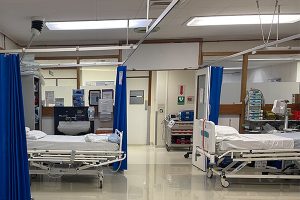
BU has great facilities, the simulation suite allows for real-life scenario training and the lecturers are all practicing ODPs. The lecturers have a complete understanding of the experience that students go through whilst studying. The split of lectures and hands-on practical learning in placement allows for accurate development within the role. This then sets students up for post-graduation.
Post-registration
Before I qualify, I will be enquiring at trusts to identify when they have open days so I can research what they offer, their vacancies, choose a specialism, and location that is suitable for me. I will specifically be looking at the support offered to graduates, preceptorship programmes and future training and development. I currently don’t know which perioperative care field(s) I would like to work within.
After qualifying from university, ODPs need to register with The Health and Care Professions Council (HCPC) as they are our regulator. There are many areas in healthcare that ODPs can work within, for example, pre-assessment, intensive care, A&E, patient transfer and other specialist areas. As an ODP gains more experience they may progress to be a senior ODP, a manager or transition into teaching. There’s also the possibility to train further and become a surgical first-assist or to go back to university to study for a Master’s degree. The opportunities as an ODP are endless, the role is still adapting and developing continually.
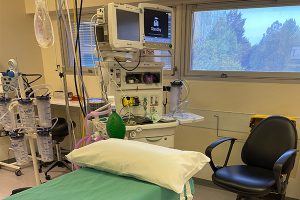 Why you should consider studying ODP
Why you should consider studying ODP
As an ODP we work with patients when they are at their most vulnerable and provide them with the support they require. The core of our role is to be the patient’s advocate. It’s hard work, draining and can be VERY intense. However, the role is rewarding, and no two cases or days are the same. There is no other place like working in the operating theatre environment.
Hints and Tips
As an ODP you have to want to work with patients. They can be incredibly poorly, emotional, funny and grateful, you have to take all patients as they come and develop a bit of a thick skin. As an ODP you have to want to love the role and want to work in healthcare. The team are just that a team; working together and communicating is key in the role. It isn’t all serious and we do have a laugh.
My biggest piece of advice to someone thinking of applying is, what are you waiting for? Go for it!
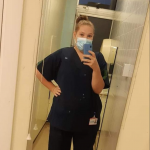 My proud moments as a qualified Midwife
My proud moments as a qualified Midwife My experience as an ODP student
My experience as an ODP student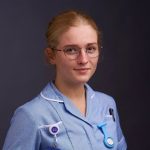 A day in the life of a student Midwife
A day in the life of a student Midwife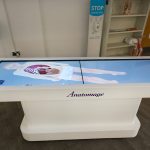 Day in the life of a student nurse
Day in the life of a student nurse








